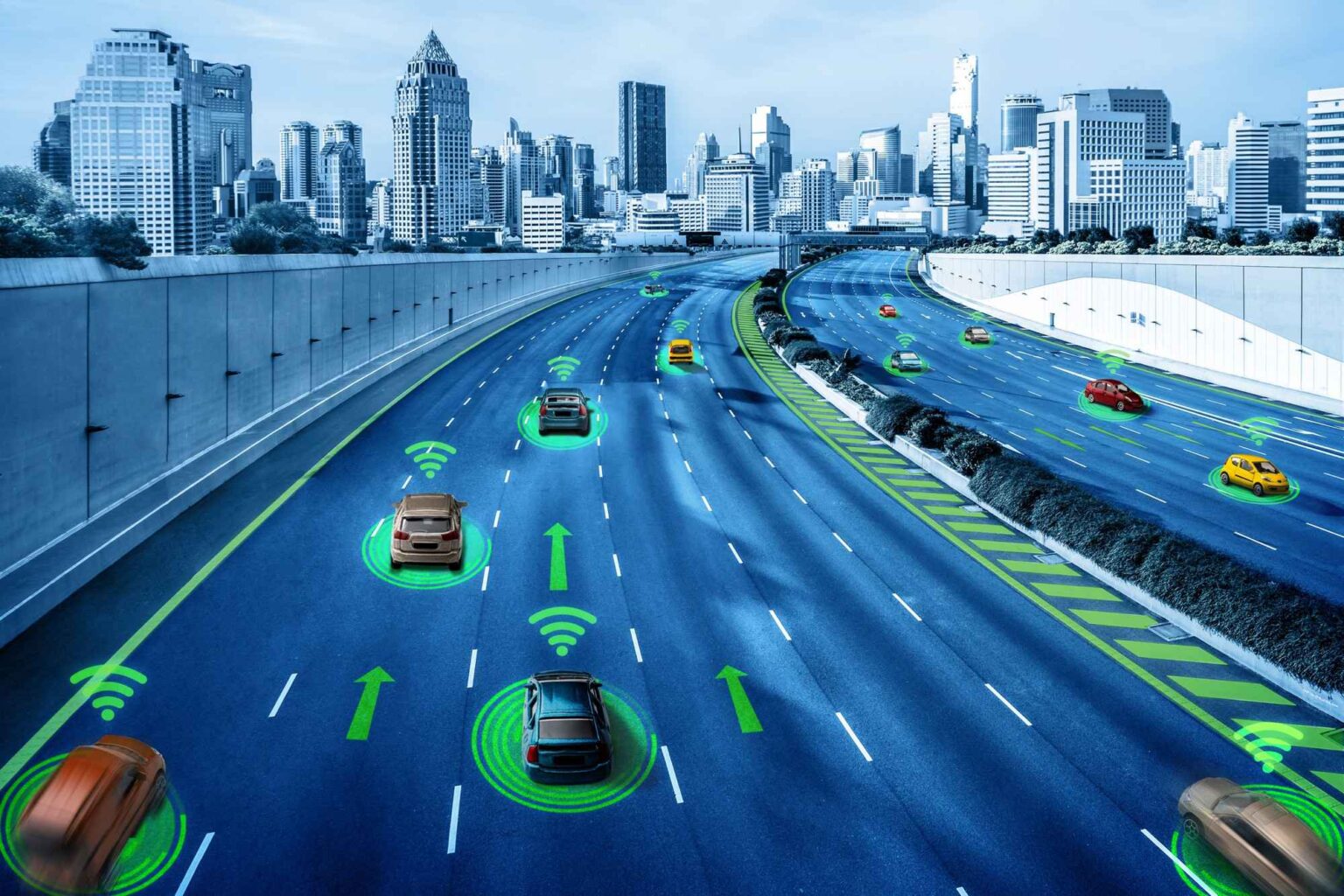Smart transportation is revolutionizing mobility by utilizing technology and data-driven solutions to improve transportation systems, reduce traffic congestion, and enhance overall efficiency. It encompasses a range of innovative approaches that leverage connectivity, real-time data, and intelligent systems to transform the way people and goods move within cities. Here are some key aspects of smart transportation:
Intelligent Traffic Management: Smart transportation systems employ advanced traffic management technologies to optimize traffic flow and reduce congestion. This includes real-time traffic monitoring, adaptive traffic signal control, and predictive modeling to anticipate traffic patterns and adjust signal timings accordingly. By dynamically managing traffic based on actual conditions, smart transportation systems help alleviate congestion, reduce travel times, and improve overall road network efficiency.
Connected and Autonomous Vehicles: Smart transportation integrates connected and autonomous vehicles into the transportation ecosystem. Connected vehicles communicate with each other and with infrastructure elements, such as traffic signals, to exchange real-time information about traffic conditions, potential hazards, and optimal routes. Autonomous vehicles have the potential to further optimize transportation by reducing human error, increasing safety, and improving traffic flow through coordinated movements.
Intelligent Public Transportation: Smart transportation improves the efficiency and effectiveness of public transportation systems. Real-time passenger information systems provide commuters with accurate arrival times, service updates, and route planning tools through mobile apps and digital displays. Integrated fare collection systems, contactless payment methods, and smart ticketing streamline the passenger experience and facilitate seamless multimodal journeys.
Mobility-as-a-Service (MaaS): MaaS is an emerging concept that integrates various transportation modes into a single, user-centric platform. Through mobile apps and digital platforms, MaaS enables travelers to plan, book, and pay for their entire journey, seamlessly combining different modes such as public transit, ride-sharing, bike-sharing, and car rental. MaaS aims to provide a convenient, sustainable, and cost-effective alternative to private car ownership, reducing congestion and improving overall mobility options.
Data-driven Planning and Optimization: Smart transportation systems rely on data analytics and predictive modeling to inform planning and decision-making. Data from various sources, including sensors, mobile devices, and transportation providers, is collected, analyzed, and used to optimize routes, adjust transportation schedules, and improve service quality. Data-driven insights enable transportation authorities to identify bottlenecks, anticipate demand, and allocate resources efficiently.
Smart Parking Solutions: Smart transportation includes intelligent parking systems that help drivers locate available parking spaces in real time, reducing the time spent searching for parking and alleviating congestion around popular areas. Smart parking systems utilize sensors, mobile apps, and data analytics to provide drivers with accurate information on parking availability, pricing, and navigation to available spots.
Sustainable and Active Mobility: Smart transportation encourages sustainable and active modes of transportation, such as cycling and walking. Dedicated bike lanes, bike-sharing programs, and pedestrian-friendly infrastructure are integrated into the transportation network to promote healthier and more environmentally friendly commuting options. Real-time information about bike availability and walking routes further enhances the accessibility and attractiveness of these modes.
By leveraging technology, connectivity, and data, smart transportation systems offer numerous benefits, including reduced congestion, improved efficiency, enhanced safety, and increased sustainability. They provide travelers with real-time information and more flexible transportation options, while helping cities optimize their transportation networks and reduce the environmental impact of mobility. Smart transportation is a key component of smart cities, creating more livable, connected, and sustainable urban environments.



